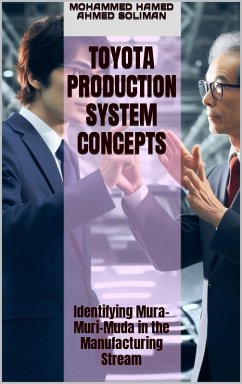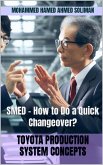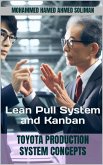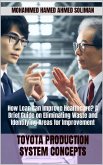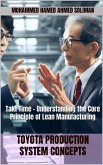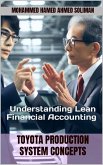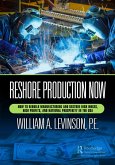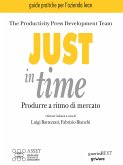To save money during the economic downturn, many businesses are using abstinence policies. This might mean firing employees and reducing pay for some people. Actually, those actions might only work for a little while. If the company doesn't make a culture of always getting better and change how it works, the problem might happen again and get even worse. This takes us back to the reason why the Toyota production system was created. Waste means something that takes up resources, but doesn't give anything back to the customer. Many activities are not useful and can be divided into two categories. Even though type one muda doesn't bring any benefit, we can't avoid it because of the resources and technology we have now. An example of this would be inspecting welds to make sure they are safe. We also refer to this as a necessary task that does not add value. Using two unnecessary steps does not make things better and can be easily taken out. An illustration is a way to make a process in a village organized and efficient. It turns it into a cell where things that are not needed can be removed and there is no need for extra supplies. Only a tiny fraction of the activities carried out in a value-stream actually create value that the client truly finds valuable. The best way to improve how well a business does is to stop doing all the things that aren't needed.
Dieser Download kann aus rechtlichen Gründen nur mit Rechnungsadresse in A, B, CY, CZ, D, DK, EW, E, FIN, F, GR, H, IRL, I, LT, L, LR, M, NL, PL, P, R, S, SLO, SK ausgeliefert werden.

